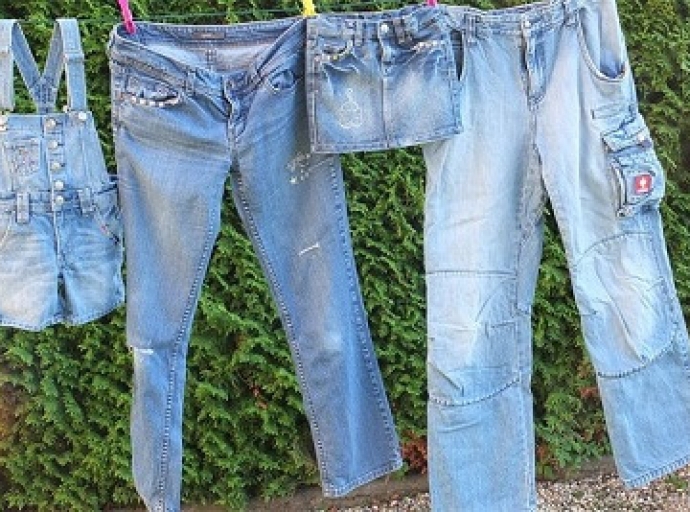The Delhi High Court summoned Amazon on a plea by Kishore Biyani led Future Retail (FRL) which accuses the e-commerce major of interfering in its deal with Reliance Retail on the basis of an interim order by a Singapore arbitrator. The summons were issued by Justice Mukta Gupta to Amazon, Future Coupons (FCPL) and Reliance Retail (RRL) on the FRL suit and asked them to file their written statements within 30 days.
The court also said the issue of maintainability of the suit, raised by Amazon, would be kept open. The order was passed after hearing day-long arguments on behalf of FRL, FCPL, Reliance and part arguments by Amazon. On October 25, 2020, the Singapore International Arbitration Centre (SIAC) passed an interim order in favour of Amazon barring FRL from taking any step to dispose of or encumber its assets or issuing any securities to secure any funding from a restricted party.
Subsequently, Amazon urged market regulator Sebi, stock exchanges and Competition Commission of India (CCI), to take into consideration the Singapore arbitrator's interim decision as it is a binding order.


























